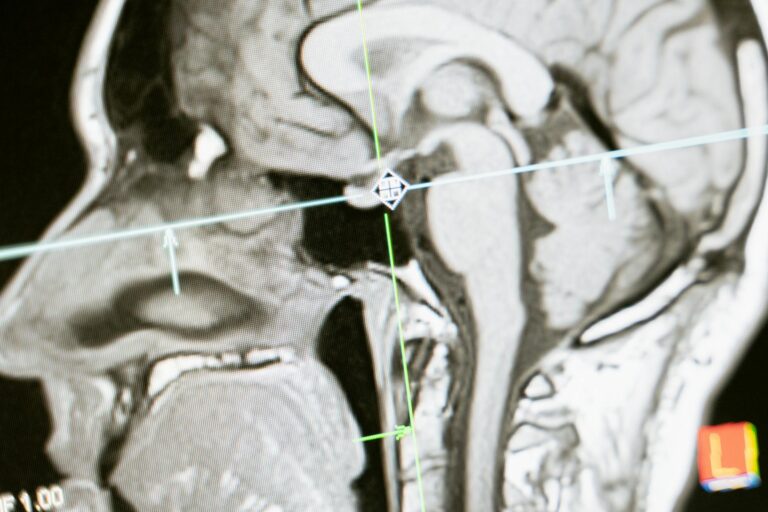Understanding APOE4 Results and Genetic Risk
The APOE4 gene is a significant genetic factor associated with Alzheimer’s disease. It is crucial to understand what APOE4 results mean and how they relate to your genetic risk for developing Alzheimer’s.
### What is APOE4?
APOE4 is a variant of the APOE gene, which plays a role in how the body processes fats. It is the strongest known genetic risk factor for late-onset Alzheimer’s disease. Not everyone with the APOE4 variant will develop Alzheimer’s, but it increases the likelihood, especially if you have two copies of the gene (homozygous).
### Interpreting APOE4 Results
If you have been tested for APOE4, your results will indicate whether you have zero, one, or two copies of the APOE4 allele. Having one copy (heterozygous) increases your risk, but having two copies (homozygous) significantly raises the risk and often leads to an earlier onset of Alzheimer’s.
### Understanding Genetic Risk
Genetic risk is not the same as a guarantee. Many factors contribute to the development of Alzheimer’s, including lifestyle, environment, and other genes. The presence of APOE4 can be used to assess your risk level, but it does not predetermine your future.
### How APOE4 Affects Cognitive Function
Research suggests that APOE4 carriers may experience subtle cognitive changes, particularly in episodic memory. However, semantic memory, which involves general knowledge and understanding, is less affected unless complex tasks are involved. This means that while APOE4 carriers might struggle with remembering specific events, their general knowledge and language skills remain relatively intact.
### Ethnic and Population Differences
The impact of APOE4 varies across different ethnic groups. For example, African Americans have a higher prevalence of APOE4 but a smaller effect size compared to non-Hispanic whites. This highlights the importance of considering genetic risk within the context of broader population health.
### What to Do with Your APOE4 Results
If you have APOE4, it is essential to discuss your results with a healthcare provider. They can help you understand your specific risk and recommend lifestyle changes or monitoring strategies to potentially reduce your risk of developing Alzheimer’s. This might include regular cognitive assessments, maintaining a healthy diet, exercising regularly, and managing other health conditions.
### Conclusion
Understanding your APOE4 results is just the first step in managing your genetic risk for Alzheimer’s. By combining this knowledge with a healthy lifestyle and regular medical check-ups, you can take proactive steps to protect your cognitive health.





